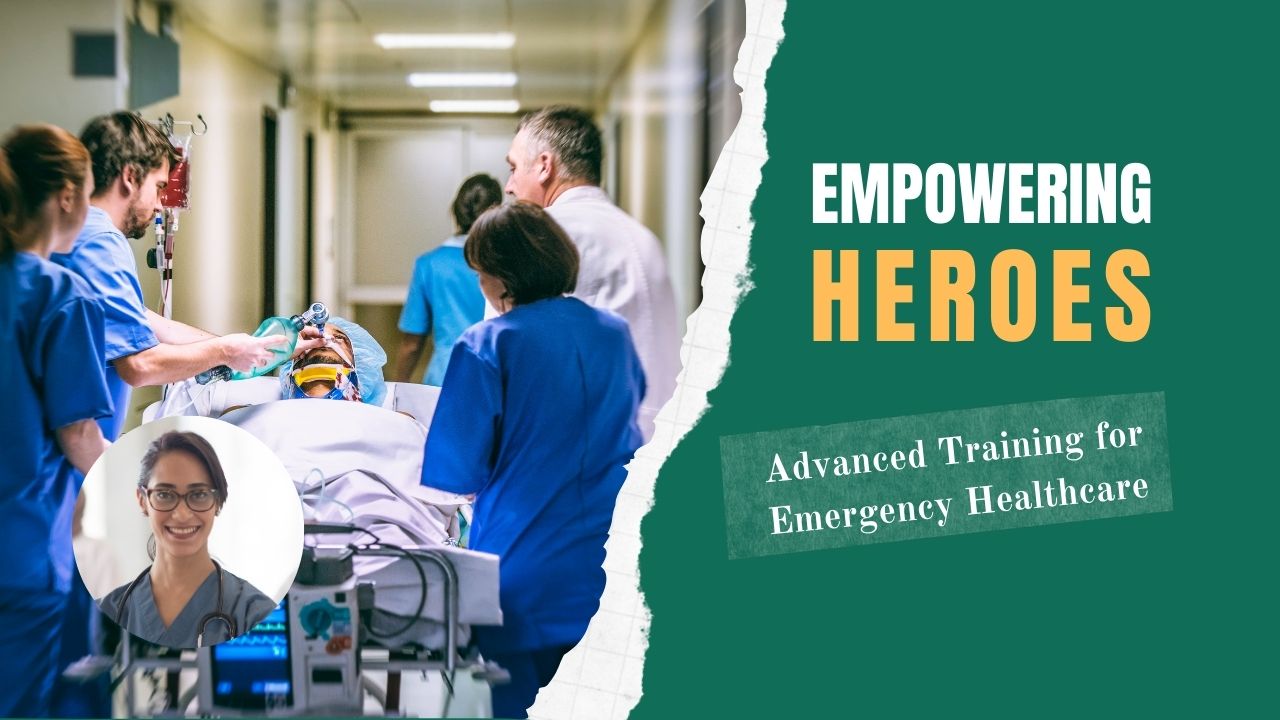Published - Wed, 12 Oct 2022

Hypocalcemia: Causes, Clinical features & Treatment
Ionized calcium level below 2.0 mEq/L or a total serum level below 8.5 mg/dL.
Causes of hypocalcemia: Shock, sepsis, renal failure, pancreatitis, hypomagnesemia, alkalosis, decreased serum albumin, hypoparathyroidism (idiopathic or as a result of irradiation or surgery), pseudo-hypoparathyroidism, osteoblastic metastasis, malabsorption, and excess phosphates.
CLINICAL FEATURES
1. Symptoms: Circumoral and distal extremity paresthesias, irritability, weakness, fatigue, muscle cramps, and seizures
2. Physical examination findings: Hyperreflexia, carpopedal spasm, tetany, laryngospasm, Trousseau sign (carpopedal spasm after arterial occlusion of the arm for 3 minutes), and Chvostek sign (contraction of the facial muscles after percussion over the facial nerve)
EVALUATION
1. Laboratory studies should include serum albumin, calcium, magnesium, phosphate, BUN, and creatinine levels; liver studies; amylase and lipase levels; ionized calcium levels; a serum electrolyte panel; and a CBC.
2. Electrocardiography: ECG findings may include a prolonged QT interval, sinus bradycardia, complete heart block, ventricular arrhythmias, and ventricular fibrillation.
3. Radiology: When hypocalcemia occurs in the context of osteomalacia, radiographic findings can include craniotabes, frontal skull bossing, rachitic rosary ribs, a widened rib cage (Harrison groove), bowed legs, demineralization, and thinning of the cortical bone.
THERAPY
1. Acutely symptomatic hypocalcemia: Administer 10 mL of 10% calcium gluconate infused intravenously over 10 to 15 minutes, followed by a maintenance infusion of 1 to 2 mg/kg/hour over 6 to 12 hours.
2. Asymptomatic: Oral therapy with elemental calcium (with or without vitamin D) may be all that is required. The rapid intravenous administration of calcium to asymptomatic patients with mild to moderate hypocalcemia is contraindicated because doing so can cause severe cardiovascular, neuromuscular, or renal complications.
DISPOSITION
1. Admission: Patients with symptomatic hypocalcemia who require intravenous replacement therapy must be admitted to the hospital. These patients should be placed on continuous cardiac monitoring, and serial serum calcium levels should be obtained.
2. Discharge: Asymptomatic patients may be discharged with appropriate follow-up.
Created by
Rigomo Team
Rigomo is a leading online education platform that offers a wide range of courses to help individuals enhance their skills and achieve their career goals. With our user-friendly interface and expert instructors, we strive to provide high-quality education to everyone, anytime and anywhere. Join us today and take the first step towards a brighter future.
Rigomo is an e-learning platform that was founded in 2019 by a team of dedicated professionals with a passion for revolutionizing the way people learn. The platform offers a range of online courses that cover various industries, including business, technology, healthcare, and more.
Rigomo's courses are designed to be interactive and engaging, with a focus on practical skills that learners can apply in their careers. The platform uses a combination of video lectures, quizzes, and hands-on projects to help learners master the subject matter.
Rigomo is committed to providing affordable and accessible education to people around the world. The platform offers a range of pricing options, including monthly and annual subscriptions, as well as pay-as-you-go options for individual courses.
Since its launch, Rigomo has received numerous accolades for its innovative approach to e-learning. The platform has helped thousands of learners across the globe acquire new skills and advance their careers.
As Rigomo continues to grow, the team remains committed to providing high-quality education that is accessible to all. The platform is constantly updating its courses and features to ensure that learners have access to the latest tools and technologies.
Comments (0)
Search
Popular categories
Health and Wellness
231Skill Development
7Technology
5Success story
2Community Impact
2Strategy
1Latest blogs

DeepSchool: The Story of an Idea That Refused to Sit Still
Tue, 02 Dec 2025

Transforming Emergency Care: The Story Behind Rigomo's Revolutionary PPMMP Course
Sun, 12 May 2024

Empowering Rural Healthcare: How Pogiko's AI is Bridging the Gap in Medical Services
Thu, 25 Apr 2024

Write a public review